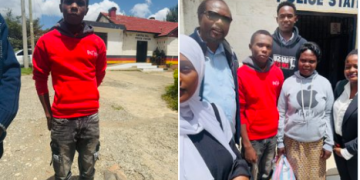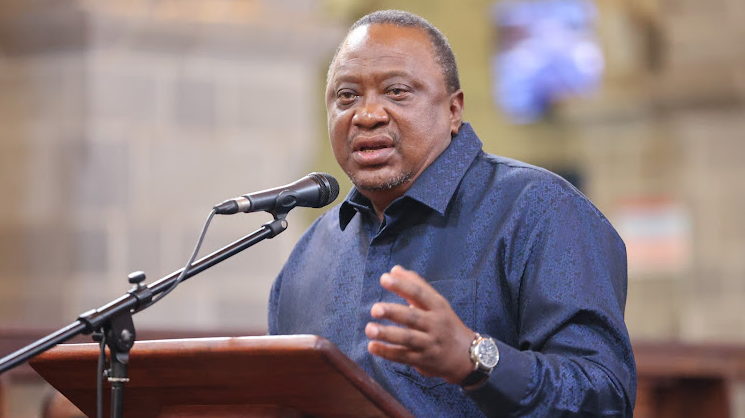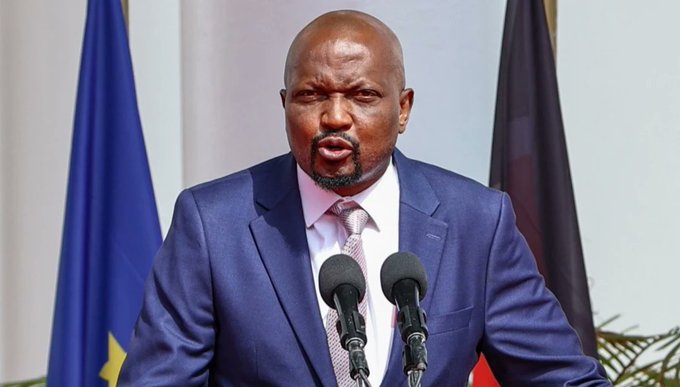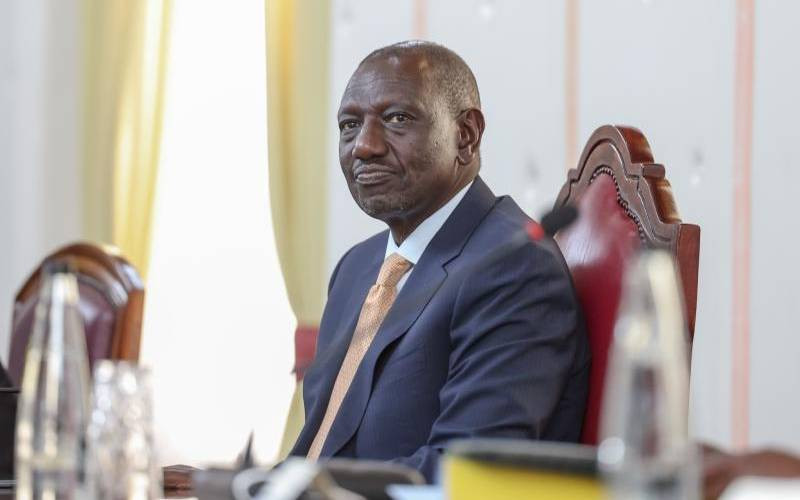The Kenyan government has partnered with international agencies APO Group and ZAWYA to rebuild its global reputation and attract investment.
This follows widespread criticism of President William Ruto’s administration over alleged corruption, excessive force during protests, and claims of extrajudicial actions against critics.
President Ruto has accused social media users of spreading disinformation that undermines Kenya’s international standing and deters investors.
In his Jamhuri Day address, he warned, “Disinformation and fake news in the digital age threaten our freedom, democracy, and development.”
To counter the negativity, the government has enlisted bloggers and digital influencers to promote its Bottom-Up Economic Transformation Agenda (BETA), reportedly paying them up to Ksh100,000 monthly.
Despite these efforts, public skepticism persists, fueled by controversies like the aborted JKIA lease deal and corruption scandals.
The government’s communication strategy now includes expert advisors to amplify positive narratives and restore trust both locally and internationally.
Addressing Damaged Reputation
Kenya’s international image has suffered since the June/July protests led by Gen Z against high taxes in the Finance Act 2024 and other governance concerns.
The government faced sharp criticism from Western nations and human rights groups for using excessive force to suppress demonstrations.
Allegations of extrajudicial actions, including abductions and enforced disappearances of critics, have further tarnished its reputation.
Leveraging Strategic Communication
To counter negative publicity, the government enlisted APO Group and ZAWYA. APO Group specializes in empowering businesses through strategic communication, while ZAWYA is a trusted Middle Eastern and African news outlet.
These agencies will focus on amplifying positive stories about the presidency and key ministries, crafting impactful messaging, and monitoring media coverage to mitigate criticism.
Fighting Digital Criticism
President Ruto has voiced concerns about online criticism discouraging investors.
To manage this, the government has engaged bloggers and digital influencers to promote its Bottom-Up Economic Transformation Agenda (BETA).
Reports indicate these influencers are paid between Ksh30,000 and Ksh100,000 monthly to highlight achievements like the affordable housing program.
Ruto urges youth to use social media responsibly
Few days ago, President William Ruto has urged Kenyan youth to leverage social media platforms responsibly by monetizing their expertise rather than engaging in insults and the spread of propaganda.
Speaking during the official opening of the Nigeria Technical Training Institute in Kapseret, Uasin Gishu Friday, President Ruto encouraged young people to use the internet as a tool for self-improvement and income generation.
“In this college, the youth are using the internet to work. They are not abusing people; they are working. The internet is not for insults; it is for making money to improve your life,” he said.
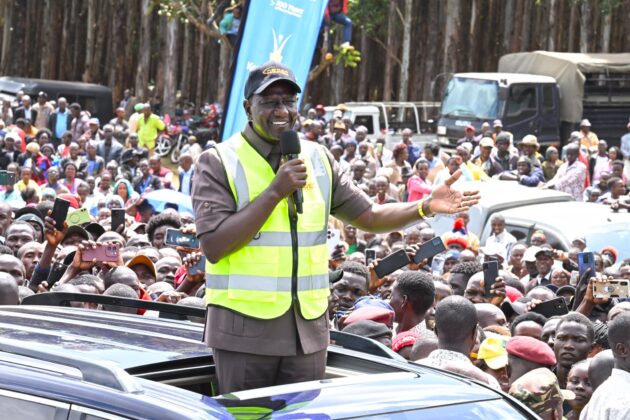
President Ruto reiterated his administration’s commitment to enhancing the country’s digital infrastructure, a move he says is designed to empower the youth and create more opportunities for employment.
“As we speak, we have a digital Infrastructure Programme rolling out our fibre optic network across Kenya. We are targeting 100,000 institutions to ensure that our young people have access to the internet, enabling them to monetize their talent, knowledge, and expertise,” he explained.
He stated that this is in line with the government’s ambitious plan to integrate technology into education and workspaces, bridging the digital divide across rural and urban areas.
The president also addressed the issue of misinformation and propaganda, cautioning Kenyans against falling victim to falsehoods.
He stressed that those opposing government initiatives would not derail the country’s progress.
“I want to assure the people of Kenya: our development and transformation will not be sabotaged by the naysayers. They will fail, and Kenya will succeed,” he declared.
President Ruto highlighted the ongoing Digital Jobs Programme as a cornerstone of the government’s strategy to combat unemployment among the youth.
He mentioned that the initiative aims to provide young Kenyans with opportunities in online work, enabling them to earn incomes through global digital platforms.
In addition, the Head of state emphasized that the government’s affordable housing project is a key source of employment for young professionals, including architects, masons, plumbers, and other skilled workers.
The president’s sentiments align with earlier commitments to create more opportunities for the youth, particularly through technology and innovation.

